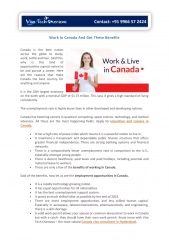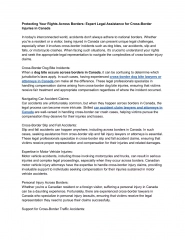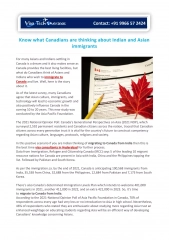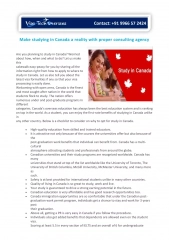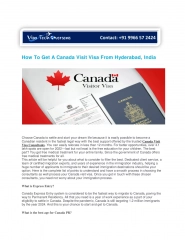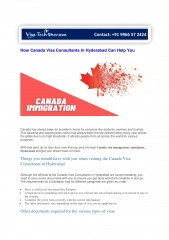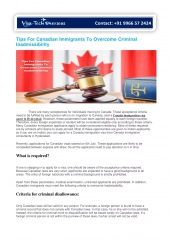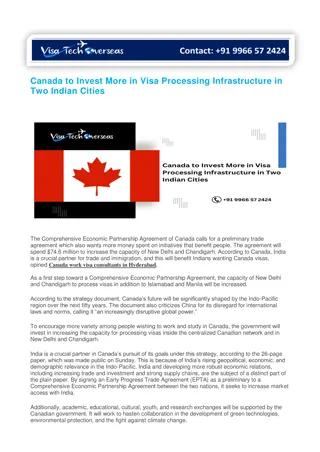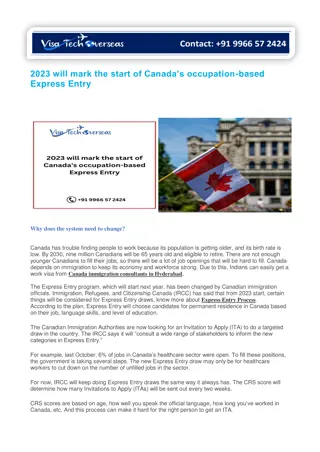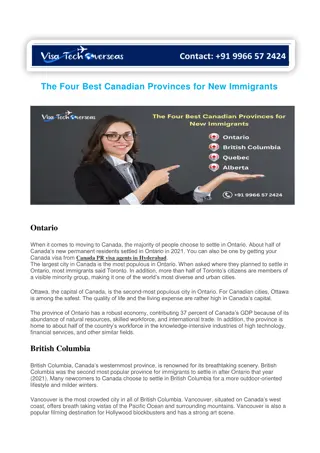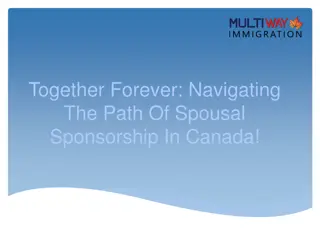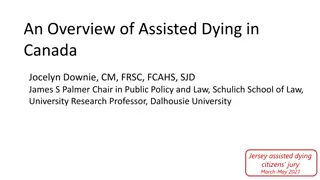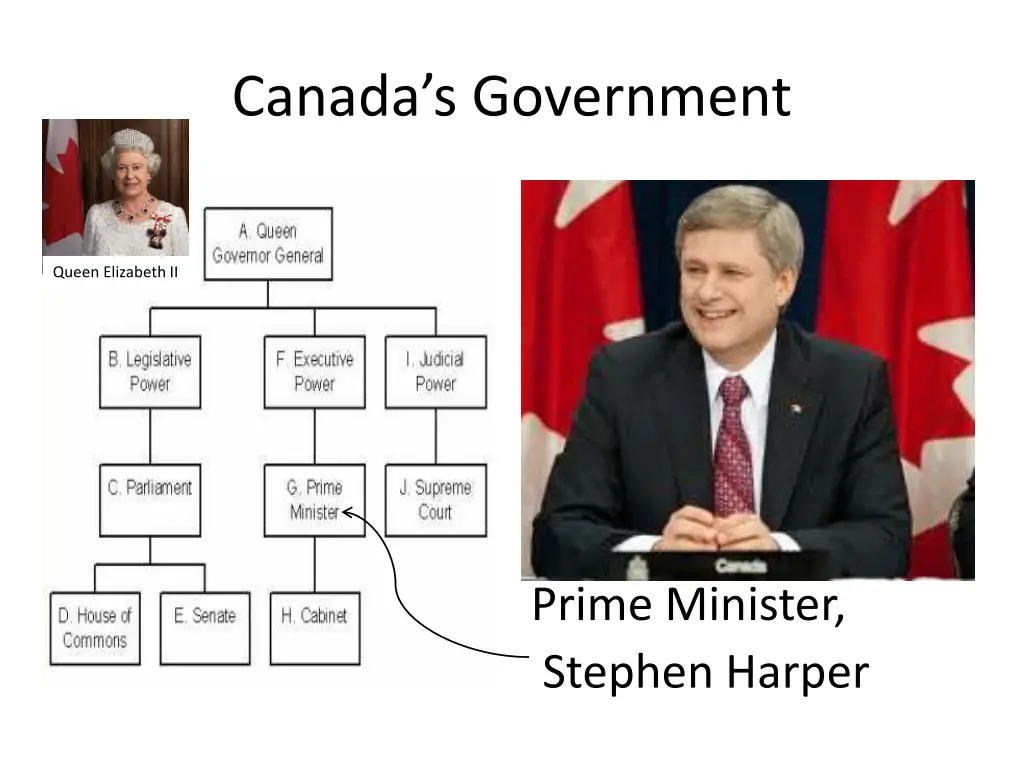
Insights into Canada: History, Government, and Technology
Explore the rich history of Canada, from the indigenous peoples to European exploration and settlement. Learn about Canada's government with Queen Elizabeth II and Prime Minister Stephen Harper. Discover Canada's technology landscape and how it compares globally in terms of GDP, literacy rates, and life expectancy.
Uploaded on | 1 Views
Download Presentation

Please find below an Image/Link to download the presentation.
The content on the website is provided AS IS for your information and personal use only. It may not be sold, licensed, or shared on other websites without obtaining consent from the author. If you encounter any issues during the download, it is possible that the publisher has removed the file from their server.
You are allowed to download the files provided on this website for personal or commercial use, subject to the condition that they are used lawfully. All files are the property of their respective owners.
The content on the website is provided AS IS for your information and personal use only. It may not be sold, licensed, or shared on other websites without obtaining consent from the author.
E N D
Presentation Transcript
Canadas Government Queen Elizabeth II Prime Minister, Stephen Harper
History of Canada Native people, known as the First Nations and the Inuit people, lived in Canada for thousands of years before the first Europeans arrived. The Vikings were the first Europeans known to land in Canada, led by the Viking explorer Leif Erikson. In the early 16th century, Europeans started exploring Canada's eastern coast, beginning with John Cabot from England in 1497, and Jacques Cartier in 1534 from France. The Europeans traded beaver furs with the First Nations. Parts of Canada were settled by France, and parts by England and Scotland. The British took control of the French areas after a battle on the Plains of Abraham near Quebec City in 1759. After the American Revolutionary War, many people in the new United States wanted to stay loyal to Britain and settled in Canada. During the War of 1812, the United States tried to conquer Canada but were defeated. On July 1, 1867, Canada was united under a federal government. Canadian soldiers fought in World War I for the British Empire. Women were given the right to vote by the end of the war. In 1931, Canada became fully independent. From 1931 on the Government of Canada made all decisions about Canada. Canadians also fought in World War II. Many French Canadians today wish to form their own country, separate from the rest of Canada. The province of Quebec held a referendum (vote) in 1980, but only about 40% wanted to separate. Another referendum was held in 1995, with almost 50% voting in favor of leaving Canada. Today, about 25% of Canadians speak French as their first language. Many people can speak both French and English. Although most French Canadians live in the province of Quebec, there are French- speaking communities and people all across Canada. In 1999, Nunavut was created as Canada's third territory, out of the eastern Northwest Territories, in an agreement with the Inuit people.
Canadas Technology The evidence is mixed. The Economist Intelligence Unit s (EIU s) digital economy rankings placed Canada 11th out of 70 countries in 2010. That ranking reflects both the quality of our technology infrastructure and the ability of consumers, businesses, and governments to use that infrastructure to their benefit. (Like any ranking, the method is imperfect, but the result nevertheless gives us a sense of how Canada stacks up.) http://www.conferenceboard.ca/reports/briefings/tradingDi gitally/pg2.aspx
Comparing World Economics Name of Country GDP (in billions) GDP per Capita Literacy Rate Life Population Expectancy World $74,540 $10,759 6,928,198,253 82% 67 yrs United States Brazil Canada China Germany India Japan Mexico Russia Turkey United Kingdom $14,660 $2,172 $1,330 $10,090 $2,940 $4,060 $4,310 $1,567 $2,223 $961 $46,802 $10,677 $39,082 $7,548 $36,086 $3,414 $34,078 $13,779 $16,023 $12,191 313,232,044 203,429,773 34,030,589 1,336,718,015 81,471,834 1,189,172,906 126,475,664 113,724,226 138,739,892 78,785,548 99% 89% 99% 92% 99% 61% 99% 86% 99% 87% 78 yrs 73 yrs 81 yrs 75 yrs 80 yrs 67 yrs 82 yrs 76 yrs 68 yrs 73 yrs $2,173 $34,658 62,698,362 99% 80 yrs
Canadas Multiculturalism Multiculturalism The Canadian Multiculturalism Act , an Act for the preservation and enhancement of multiculturalism in Canada, became law on July 21, 1988. The Act acknowledges the contributions of Canadians of all origins and their communities to the building of Canada, and reminds us of the rights and responsibilities of citizenship set out in Canadian legislation. It encourages all of us to work together to build a society in which the principles of multiculturalism are fully realized in practice.

